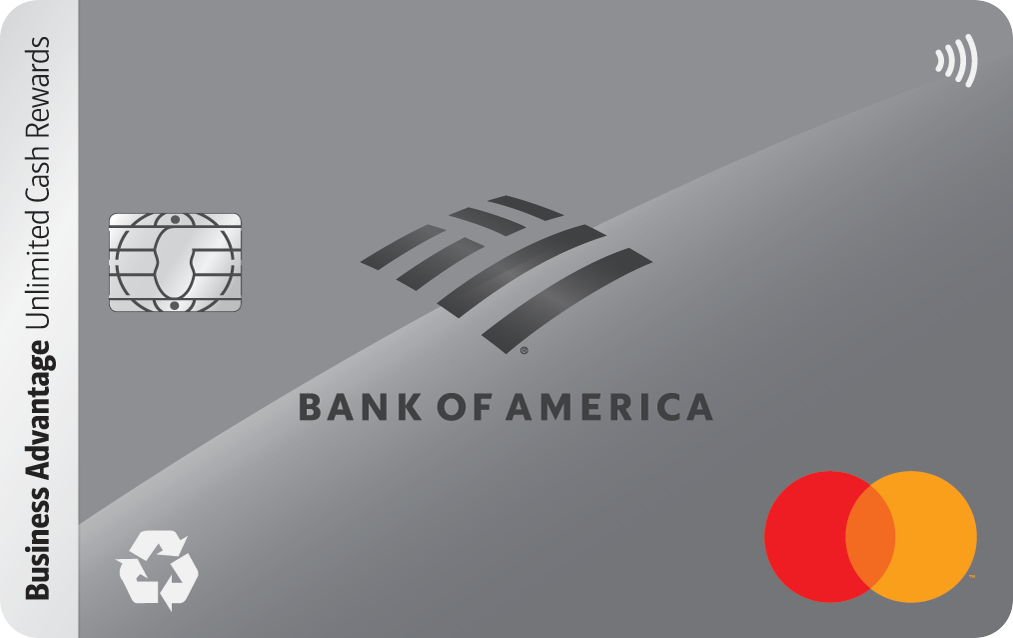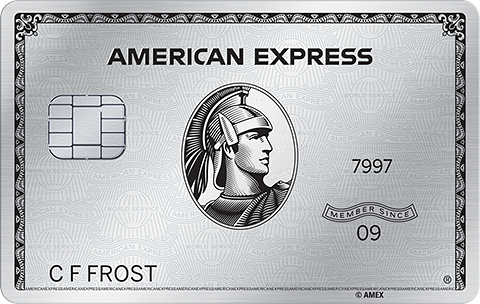Here's What Happens to Your Bank Account After You Die

Image source: Getty Images
Losing a loved one is never easy. Along with the emotional weight, there are often financial questions that need quick answers. One of the most common sources of confusion is what happens to a person's bank accounts after they pass away.
The rules depend on how the account is set up, and understanding them now can help reduce stress for family members later. Even if you don't have a large balance or a detailed estate plan, making simple choices with your bank accounts today can make a difficult time easier for the people you care about.
What happens to joint bank accounts
Many joint checking or savings accounts come with "right of survivorship." This means that if one account holder dies, the surviving co-owner automatically keeps access. Bills can continue to be paid, and the account remains active without going through probate.
If you're unsure whether your joint account has this feature, review your account agreement or call your bank to confirm.
How payable-on-death beneficiaries work
For accounts without a joint owner, banks often let you add a "payable on death" (POD) or "transfer on death" (TOD) beneficiary. Naming a beneficiary allows the bank to transfer funds directly to that person once they provide a death certificate.
This process usually avoids probate court and can significantly speed up the transfer of funds. Beneficiaries can also be split across multiple people, with percentages assigned to each.
When probate is required
If there is no joint owner or named beneficiary, the account becomes part of the estate and is subject to probate. Probate is a legal process where the court determines how assets are distributed, ensures debts are paid, and settles any disputes.
This process can take months or longer, and during that time the funds may remain frozen. The executor or administrator of the estate must provide legal documents to the bank before money can be released.
Why planning ahead matters
Even if you don't think of yourself as having a large estate, your bank accounts can create complications if they are left without clear instructions. A joint owner or POD designation is one of the simplest ways to make sure your money is transferred quickly and smoothly. Take a look at our list of the best joint high-yield savings accounts to find the right fit and open one today.
Taking a few minutes to confirm your account setup now can give your loved ones clarity and reduce the chance of financial stress at an already difficult time in the future.
Our Research Expert



